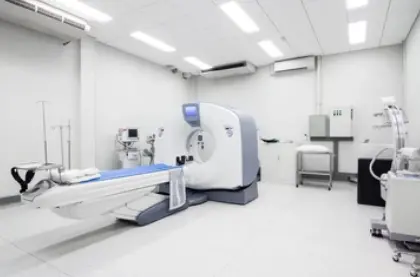 Welcome
Welcome
“May all be happy, may all be healed, may all be at peace and may no one ever suffer."
Major trauma - Generics
Major trauma refers to a serious injury or life-threatening event that has the potential to cause significant and lasting damage to the body. This can be caused by a variety of factors, such as motor vehicle accidents, falls, sports injuries, or violence.
The severity of major trauma can vary widely, from minor injuries such as bruises or lacerations to more severe injuries such as fractures, head injuries, or internal organ damage. The most serious cases of major trauma can lead to shock, hemorrhage, or multiple organ failure, and may require urgent medical intervention to prevent death.
Initial treatment of major trauma often involves stabilizing the patient's condition, addressing any life-threatening injuries, and providing pain relief. This may involve interventions such as immobilization of fractures, controlling bleeding, or providing oxygen and fluids to support vital organs.
Once the patient is stable, further diagnostic tests may be done to determine the extent of the injury and the best course of treatment. This may involve imaging studies such as X-rays, CT scans, or MRI, or laboratory tests to monitor blood counts, electrolytes, or other vital parameters.
Treatment for major trauma can vary depending on the specific injuries and the patient's overall health status. It may involve surgery, medications, or physical therapy, and may require ongoing monitoring and follow-up care to ensure a full recovery.
If you or someone you know experiences major trauma, it is important to seek medical attention immediately to prevent complications and improve outcomes. Early intervention and appropriate management can help prevent long-term disability and improve overall quality of life.

Production of mydriasis

Uveitis

Lower Respiratory Tract I...

Vitamin and mineral defic...

Cardiac stress test

Ischaemic heart disease

Diagnostic procedures

Mouth ulcers
Major trauma, বড় ট্রমা
To be happy, beautiful, healthy, wealthy, hale and long-lived stay with DM3S.